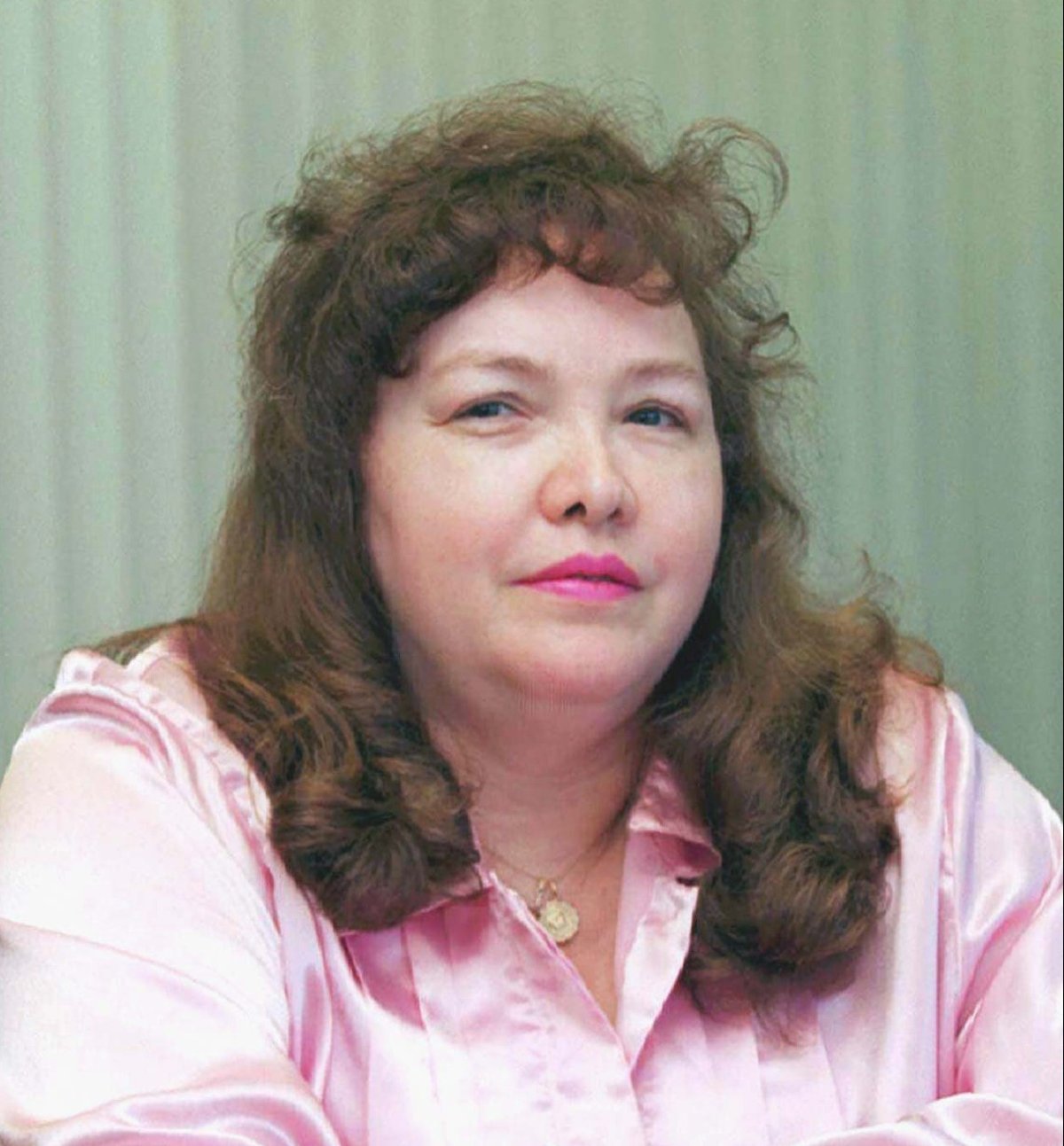EDMONTON — A woman who made history by successfully suing the Alberta government for wrongful sterilization — eventually leading to payouts for hundreds more victims — has died.

Leilani Muir-O’Malley, 72, died sometime over the weekend at her home in Devon, Alta., said Nicola Fairbrother, director of Neighbourhood Bridges, an advocacy group for people with intellectual disabilities.
Muir-O’Malley’s fight for compensation was national news in 1995, and became the subject of a National Film Board documentary, as well as her own book, “A Whisper Past.”
The judge who awarded her $740,000 plus legal costs called the sterilization system ”unlawful, offensive and outrageous.”
Muir-O’Malley and almost 3,000 other Albertans were sterilized between 1928 and 1972 under a law intended to prevent those the province called ”mental defectives” from passing on their genes.
Kerri McEachern of the Self-Advocacy Federation said Muir-O’Malley spent her life as an activist, and was supposed to have been the keynote speaker at an event the organization is having in June.
“Her legacy was bringing awareness of the survivors of institutions and the hideous things that were done to people with disabilities,” said McEachern. “She was one of the first people who lived it, and was able to talk about it. She talked for people who can’t.”
An unloved child whose mother did not want a daughter, Muir was left at what was known as the Provincial Training School for Mental Defectives in Red Deer, Alta., just three days before her 11th birthday.
She was discharged in 1965 just before she turned 21, but did not learn until she was married and unable to conceive that she had been sterilized in 1959 after an intelligence test that she does not remember taking suggested she was a moron.
At the time, she was told only her appendix was being removed. The discovery haunted Muir for the rest of her life.
Muir’s case opened a floodgate of claims. About 600 of them were settled in 1998, with claimants classed as ”dependent adults” being given $100,000 each.
The Alberta government embarked on a disastrous attempt to use the notwithstanding clause of the Constitution to limit the rights of the remaining “independent adults” to sue.
In the end, the Alberta government reached an $80-million settlement with more than 200 people who had been subjected to forced sterilization.
Muir-O’Malley never stopped fighting for social justice and at one point ran for a seat in the Alberta legislature with the New Democratic Party.
“Leilani was really the picture of what bravery in the face of chronic institutional stonewalling looks like,” said Fairbrother, who was also her friend and worked with her on the Living Archives on Eugenics in Western Canada project.
“It was her complete unwillingness to have any settlement conditional on secrecy and confidentiality that made Albertans aware of the legacy of sexual sterilization in Alberta.”
Cindy de Bruijn worked on a performance of The Vagina Monologues with Muir-O’Malley.
“She delivered it with incredible courage and strength,” de Bruijn said. “She was such a wise woman – very soft in her approach but very powerful in her being.
“She knew that to prevent this from ever happening again, somebody needed to be that voice.”
With files from Global News
BELOW: The judgement from Muir’s historic trial, Muir v. The Queen in right of Alberta.





Comments